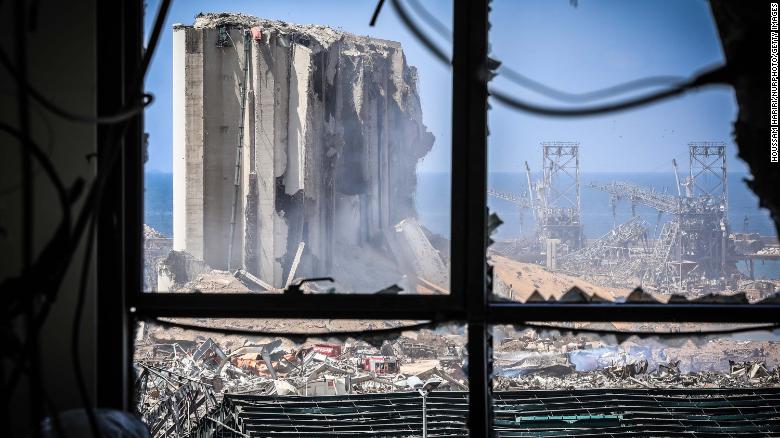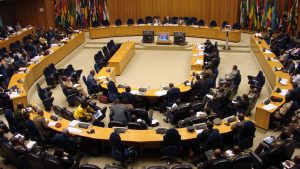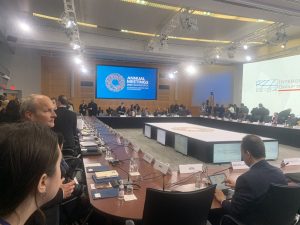What we still don’t know about Beirut’s port explosion

On any given day in Beirut’s worst-affected neighborhoods, theories about the explosion still circulate. No two stories of human tragedy are alike, and most interactions between people here end not with a goodbye, but with an invocation that Lebanon’s ruling elite be toppled. The political class is, overwhelmingly, blamed for the disaster. At just after 6 p.m. on August 4, 2020, hundreds of metric tons of ammonium nitrate ignited, sparking the massive blast in the city’s port. The industrial chemicals had been improperly stored there for years due to the failure to act by successive governments and lawmakers across the political divide. That much is clear.But for people across Lebanon, there are still many unanswered questions about what led to the tragedy, and there has been no sense of closure in the 12 months since the explosion.Here’s what we still don’t know. What triggered the blast? Because of the many inquiries by journalists and rights groups over the past year, we know that the ammonium nitrate — stored alongside fireworks in a poorly maintained warehouse — was a disaster waiting to happen. Six urgent letters Diab said he forwarded the file to the Ministry of Public Works, under whose purview the port falls, and the Ministry of Justice, and asked them to investigate the chemicals at the port. CNN has seen a document showing that the Ministry of Public Works stamped the front of the file on August 4, 2020.The blast happened at 6.08 p.m. the same day. In a December 2020 interview with CNN, Diab — by then the country’s caretaker Prime Minister — called the timing “suspicious.” “There is something suspicious for (the report) to come in July 22 … and then for it to blow up. There is something suspicious. Even though this is a seven-year issue. Seven years, for God’s sake,” Diab told CNN at the time. “There’s something that’s unexplainable, the timing of this.” How will Beirut rebuild? Perhaps one of the most glaring unanswered questions surrounding the Beirut port explosion is whether the city will ever go back to what it was. Since the blast, the city has buckled under the strain of a rapidly plummeting currency, long power outages, and severe medicine, milk and fuel shortages. Lebanon’s dire economic straits mean most of the rebuilding efforts have been privately funded, or supported by non-profit organizations. A year later, much of the repair work is still ongoing.But many home and shop owners say they neither have the financial means nor the psychological strength to return to affected neighborhoods. “They’ve ruined us. I’d sell my soul to leave this country,” said one shop owner on the once hip but still extensively damaged Gemmayze street, referring to the country’s ruling class. “May they never again see a good day.”







